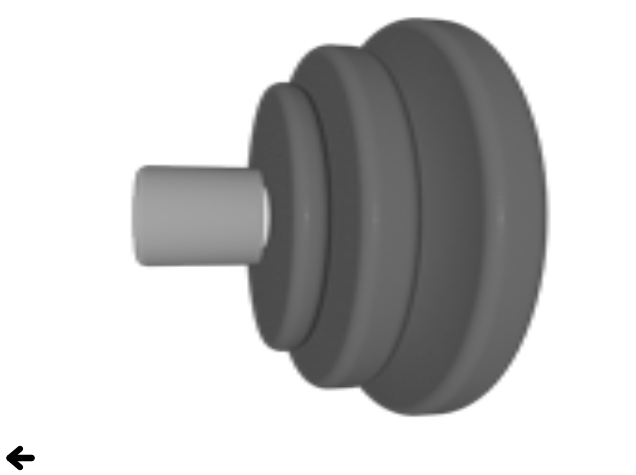
图像元素 is a collection of small QML examples relating to image types. For more information, visit 用例 - QML 中的视觉元素 .
要运行范例从 Qt Creator ,打开 欢迎 模式,然后选择范例从 范例 。更多信息,拜访 构建和运行范例 .
BorderImage shows off the various scaling modes of the BorderImage type by setting its horizontalTileMode and verticalTileMode properties.
图像 shows off the various fill modes of the Image 类型。
Shadows shows how to create a drop shadow effect for a rectangular item using a BorderImage :
BorderImage {
anchors.fill: rectangle
anchors { leftMargin: -6; topMargin: -6; rightMargin: -8; bottomMargin: -8 }
border { left: 10; top: 10; right: 10; bottom: 10 }
source: "shadow.png"
}
AnimatedSprite shows how to display a simple animation using an AnimatedSprite 对象:
AnimatedSprite {
id: sprite
width: 170
height: 170
anchors.centerIn: parent
source: "content/speaker.png"
frameCount: 60
frameSync: true
frameWidth: 170
frameHeight: 170
loops: 3
}
The sprite animation will loop three times.
SpriteSequence demonstrates using a sprite sequence to draw an animated and interactive bear. The SpriteSequence object defines five different sprites. The bear is initially in a still state:
Sprite{
name: "still"
source: "content/BearSheet.png"
frameCount: 1
frameWidth: 256
frameHeight: 256
frameDuration: 100
to: {"still":1, "blink":0.1, "floating":0}
}
When the scene is clicked, an animation sets the sprite sequence to the falling states and animates the bear's y property.
SequentialAnimation {
id: anim
ScriptAction { script: image.goalSprite = "falling"; }
NumberAnimation { target: image; property: "y"; to: 480; duration: 12000; }
ScriptAction { script: {image.goalSprite = ""; image.jumpTo("still");} }
PropertyAction { target: image; property: "y"; value: 0 }
}
At the end of the animation the bear is set back to its initial state.
文件: